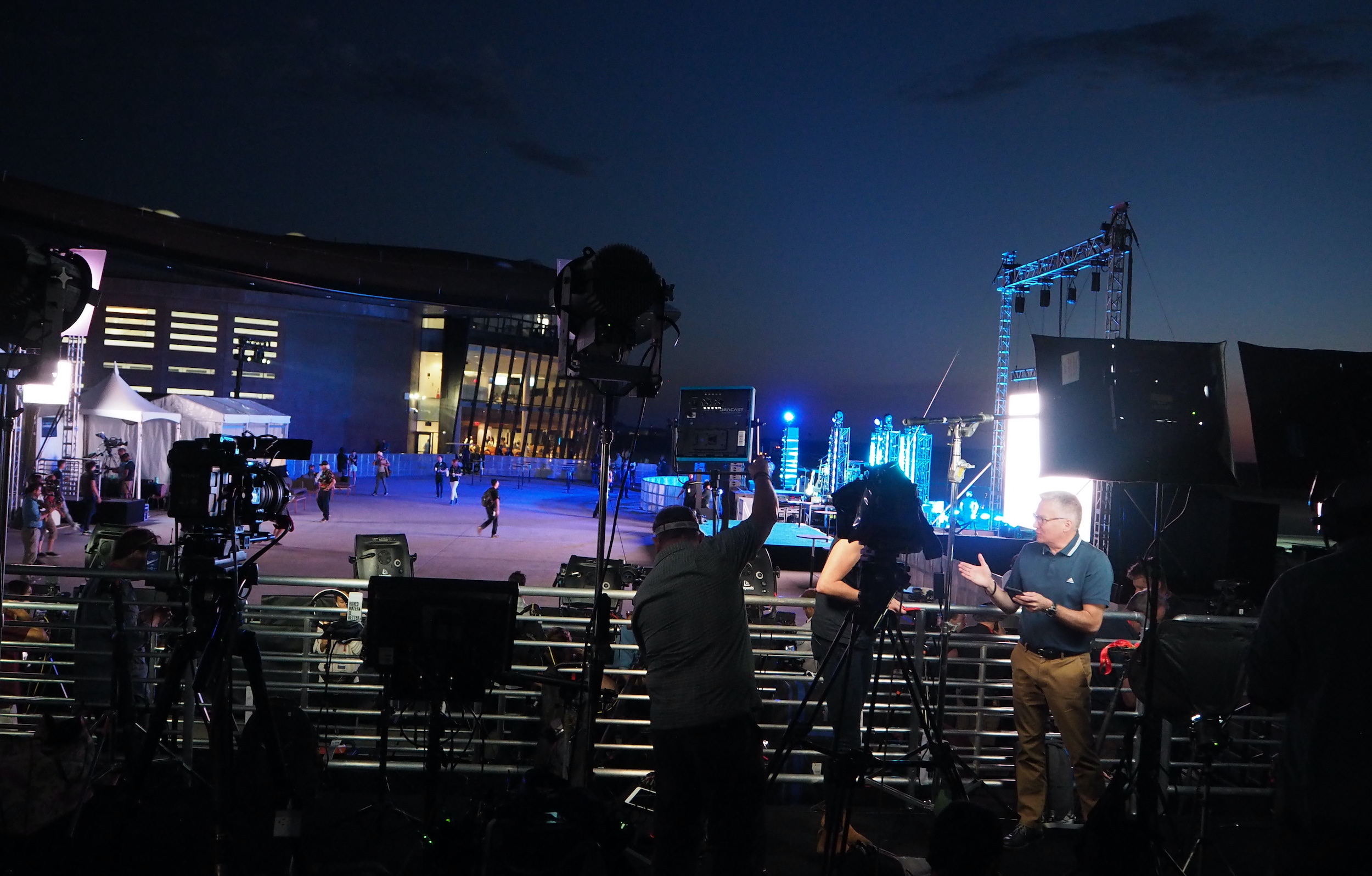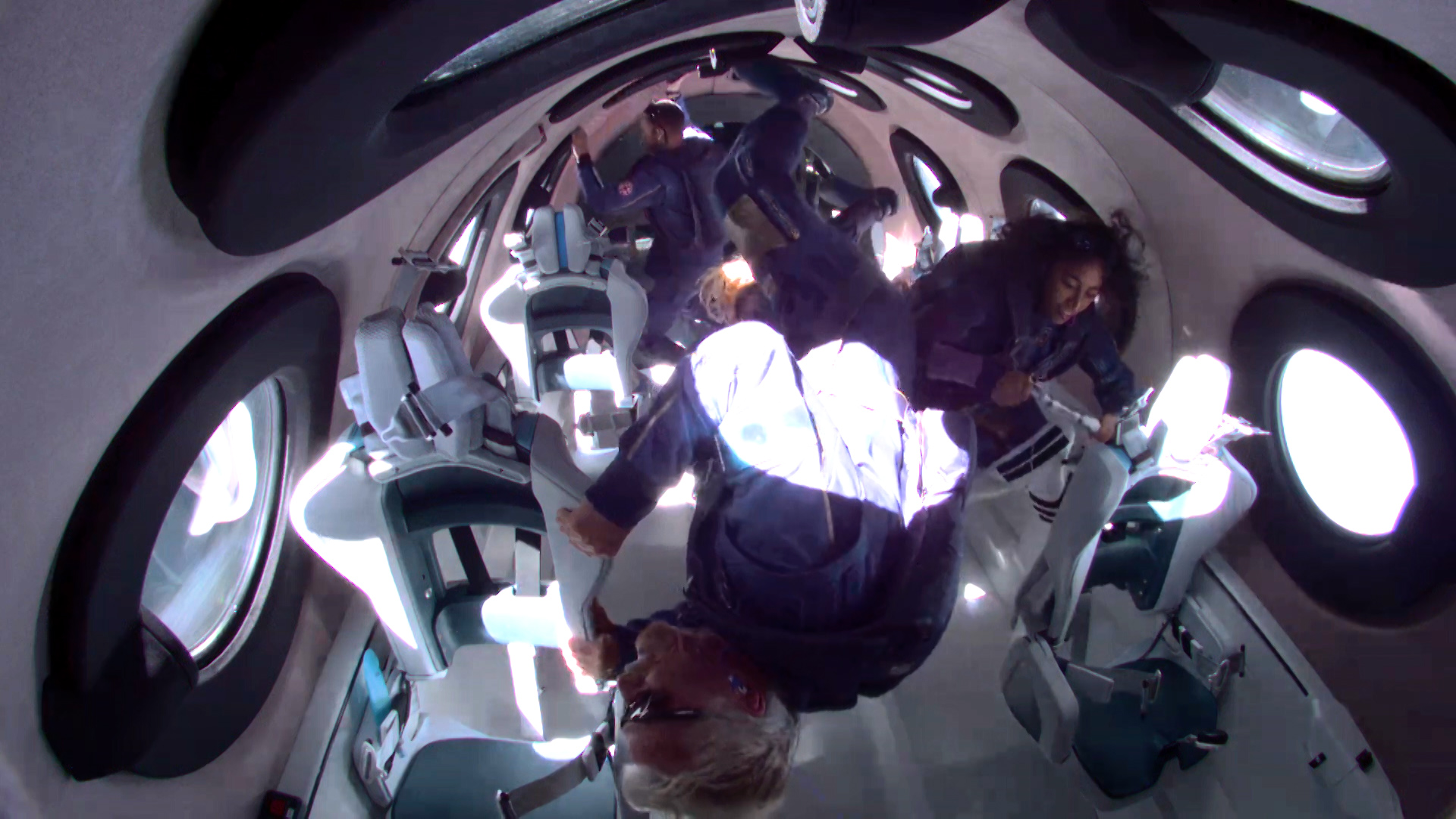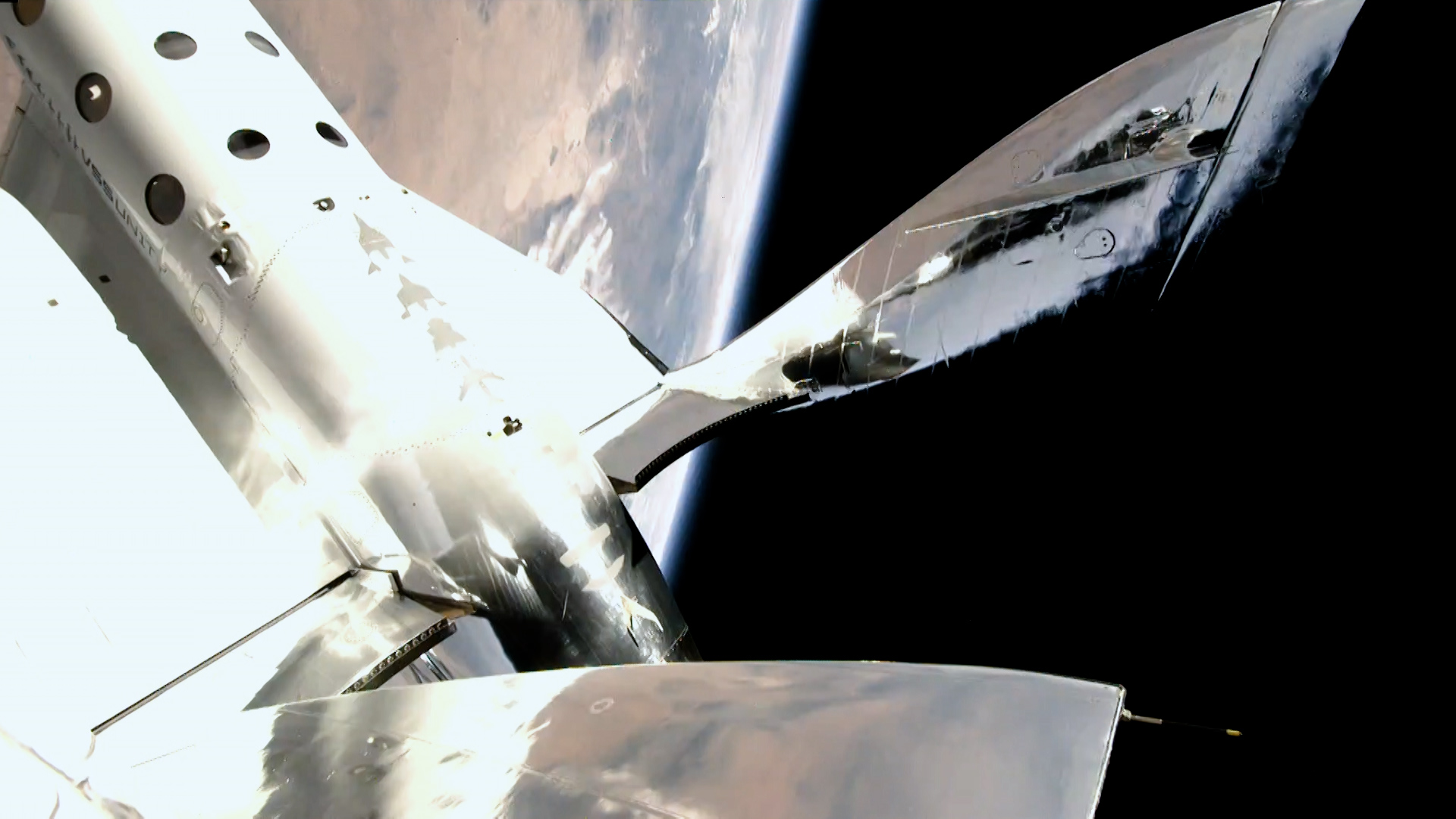Hello and welcome to The Station, your central hub for all past, present and future means of moving people and packages from Point A to Point B.
I’m back from my road trip and swimming in emails. If you sent me a message on Twitter, email or pigeon post, please give me a few days to dig out of the pile that awaits me.
You might recall that I mentioned I was off to do some backpacking and climbing in Grand Teton National Park and then eventually would make it to Yellowstone National Park. Yes, the crowds were real, especially for those who stuck to the traditional schedule of sightseeing between 9 a.m. and 5 p.m. I took the early morning and late evening approach and never encountered the infamous parking lot traffic jams.
It’s that tactic that allowed me to take a ride in an empty T.E.D.D.Y., the autonomous vehicle that is being piloted in Yellowstone this summer. Beep, in partnership with Local Motors, is operating the autonomous shuttle called T.E.D.D.Y., which stands for The Electric Driverless Demonstration in Yellowstone. The company plans to operate two routes, seven days a week. Information collected during the pilot will be used to inform future deployments in national parks across the country.
Here’s what I discovered. The two shuttles, which always have a human operator who can take manual control if needed, are currently shuttling folks around the busy Canyons section of the park, specifically between the lodging area and main shopping area, where there is a general store, post office and eateries. The folks operating the shuttle told me about 1,240 people a week are riding the TEDDY vehicles and that riders were both curious and more knowledgeable about the tech than they expected.
My ride was on eventful, as it should have been. The vehicle did pause unnecessarily because the self-driving system thought it needed to. The human safety operator warned me that this pause would likely occur, as it had been happening regularly over the past few days.
One final item. The Autonocast, the podcast I co-host with Alex Roy and Ed Niedermeyer, is teaming up with SAE for a zoom call to have a wide-ranging discussion on the future of transportation and how the discourse about autonomous vehicle technology that occurs online — yes, Twitter I’m looking at you — impacts public perception. Specifically, we’re going to dig into a term coined by Liza Dixon called “autonowashing.
SAE MidCal, in conjunction with SAE SoCal, is hosting the meeting, which you can register for here. Please join us and post your questions in advance to get the conversation started.
As always, you can email me at kirsten.korosec@techcrunch.com to share thoughts, criticisms, offer up opinions or tips. You can also send a direct message to me at Twitter — @kirstenkorosec.
Micromobbin’

With many people blissfully still on holiday after the fourth of July weekend, it was a slow week in the micromobilty universe. One thing that did catch my eye though was an announcement from Stockholm-based e-scooter operator Voi that it launched the “world’s first large scale pilot of computer vision on e-scooters” using Irish computer vision startup Luna’s technology.
Now, I’m not quite sure what Voi means by “at scale” since the press release had no mention of how many of these scooters the company would be bringing to its pilot beginning this month in Northampton, U.K. However, the release did make reference to Luna’s AI models getting more accurate by using data captured from 100 cameras on e-scooters in the English city, so that’s at least 100 scooters. The problem is, Voi is by no means the first. Spin beat them to the punch.
Last month, Ford-owned Spin launched its Spin Insight Level 2 — its bundle of sensors, cameras and on-board computing power to detect sidewalk- and bike-lane riding and validate parking from its partner Drover AI — with 100 e-scooters in Milwaukee. Spin also has some computer vision-enabled scooters in Santa Monica, where it just launched, and will be bringing them to Seattle and Miami in the coming months.
BMW is finally producing its electric scooter
BMW’s new electric scooter is very cool-looking, with a retro-futuristic vibe and a low to the ground ride. But it ain’t cheap. At $12,000, is anyone gonna buy this thing? I guess we’ll find out. The first scooter actually produced from the Motorrad Concept Link series will be part of BMW’s 2022 lineup.
More electric scooter news …
Indian ride hailing company Ola has announced its giant e-scooter facility is ready and will soon begin production, with an expected launch this month. Late last year, the company invested $327 million to set it up, so we’ll potentially see the fruits of that investment. Apparently, Ola Electric has 3,000 robots building a scooter every two minutes, and the factory has 10 production lines, bringing total production capacity to about 10 million e-scooters.
According to a new report by Acute Market Reports, electric kick scooters are expected to reach a market volume of 1.4 million units by 2028. The analysis found kick scooters are getting more popular as more people try to avoid public transportation, and that there’s a growing demand for longer range scooters for heavy usage. The report identified some of the key manufacturers of electric kick scooters to be Razor USA LLC, GOTRAX, Xiaomi, Segway, Inc., ZERO Electric Scooters, MINIMOTORS Co., Ltd., Kaabo Electric Scooter, Titan Group, Glion, and SWAGTRON.
Helbiz, micromobility operator that recently went SPAC by merging with GreenVision Acquisition Corp, has announced a partnership with IrenGo and Telepass to deploy 50 MiMoto electric mopeds throughout the Italian cities of Portofino, Santa Margherita Ligure, Rapallo, Paraggi and Punta Pedale. Hellbiz is the first and only operator in this region.
What’s a newsletter without a hint of Lime
Lime’s e-bikes are officially in downtown Cleveland after the city issued permits allowing the bikes this year. The company started with 50 but will add more soon. Lime’s bikes will also be accompanied by more from Spin and Bird.
— Rebecca Bellan
Deal of the week

The deal I’ve been waiting for is finally done. Rimac Automobili, the Porsche-backed Croatian company that makes electric hypercars and components for automakers, is taking over Bugatti. Rimac will own a controlling 55% share in the new company, Bugatti-Rimac, with VW’s Porsche owning the remaining 45%.
A few nuts and bolts on the deal: Rimac is going to separate the development, production and supply of battery systems, drivetrains and other EV components into a new entity owned by Rimac Group called Rimac Technology, which will work independently with other global car manufacturers.
Founder Mate Rimac will continue to hold his 37% share in Rimac Group, with Hyundai Motor Group holding the same 12% and other investors at 27%. Porsche recently upped its stake in Rimac from 15% to 24%, but its total ownership doesn’t give It a controlling interest in the new EV company. Mate Rimac will lead Bugatti-Rimac, which will be headquartered in Zagreb, Croatia. Bugatti’s manufacturing will remain in Molsheim, France.
Mate Rimac was on our virtual stage in June and talked about the company’s future plans, including confirming that they were in talks with Bugatti. Extra Crunch members can watch the entire interview or read a recap here.
Other deals that caught my eye as I emerge from vacation mode …
Kurly, a South Korea startup that provides next-day grocery delivery services across the country, raised $200 million in funding in a Series F valuing the company at $2.2 billion. The company’s valuation has more than doubled in the last year. Last April, Kurly closed a Series E of $150 million at a $780 million valuation.
Lacuna Technologies, a startup that helps cities create and enforce transportation policies by building and managing open-source digital tools, has raised $16 million in a Series A round, bringing the company’s total investment to $33.5 million. The round was led by Xplorer Capital Management, and includes Playground Global, the company’s founding investor. Participating investors include JetBlue Technology Ventures and Lauder Partners. Along with the funding news Lacuna is announcing the addition of Keith Nilsson, MP and co-founder of Xplorer, to the company’s board.
MaxAB, an Egyptian startup based out of Cairo that serves a network of traditional food and grocery retailers across Egypt, has raised $40 million in Series A financing.
Ola, the Indian ride-hailing giant, is flush with $500 million in new capital thanks to investments from Temasek and an affiliate of Warburg Pincus .Ola co-founder and chief executive Bhavish Aggarwal is also participating in the new investment, the startup said. Ola said in a statement that the investment comes “ahead of IPO” — but didn’t elaborate.
Stellantis, the global automaker born out of a merger between Fiat Chrysler Automobiles and French automaker Groupe PSA, will invest €30 billion ($35.5 billion) in electric vehicles and new software over the next four years as part of a major push to transition away from internal combustion engines. Stellantis shared a few of its plans, including manufacturing an electric Dodge muscle car and an electric Ram pickup truck by 2024. Stellantis also said it would offer an electric or plug-in model in every vehicle segment under its Jeep brand by 2025.
Volvo Group, Daimler Truck and Volkswagen’s AG heavy-truck business the Traton Group plan to invest €500 million (~$593 million USD) to install and operate 1,700 charging points in strategic locations and close to highways for electric heavy-duty long-haul trucks and buses around Europe. The automakers intend to finalize the agreement by the end of this year and start operations next year, with the hopes of increasing the number of charge points significantly as the companies seek additional partners for the future joint venture.
Zomato, a food delivery startup in India that competes with Swiggy, has boosted its plan to raise $1.3 billion in its initial public offering, which opens on July 14 and closes July 16. Zomato said it will price its shares in the range of 72 Indian rupees (96 cents) to 76 ($1) and is targeting an upper limit valuation of $8.56 billion. It plans to list on Indian stock exchanges.
Policy corner

Welcome back to Policy Corner! The big news this week comes from across the Atlantic, where European lawmakers are planning to introduce a ban on the sale of new internal combustion engine vehicles by 2035.
Yep — less than 15 years from now. The ban would be phased in; countries would first be required to drop emissions from new vehicles by 65% by 2030, according to a document from the European Commission that was viewed by Bloomberg. The ruling would accompany a larger set of procedures for lowering greenhouse gas emissions across sectors, with the overall aim of reaching net-zero emissions on the continent by 2050.
News of a 2035 ban has been floating around for a while, but it seems that we’re now approaching the introduction of the proposal on July 14. Nor will it likely shock automakers, many of whom have been announcing their own ambitious zero-emissions targets. Fiat and Volvo have both set their own ICE phase outs in the continent by the end of the decade, for example. Volvo, along with Uber, also signed a letter in support of the ban in April.
If the ban is included in the final proposal, it would still need to be approved by European Commissioners before going into effect. We’ll be keeping our eyes out for that final proposal — I’m especially interested to see if it will include any mandates for installing EV chargers or other rulings to help spur the transition toward electric mobility. While many EU countries have already set electrification targets separate from the proposed mandate, auto-making remains a cornerstone of the economy in countries like France and Germany. Whatever ends up happening, it’ll likely be expensive.
— Aria Alamalhodaei
Notable reads and other tidbits

A short week + vacation means this won’t be as long as usual. (At least for me.) Let’s dig in.
Autonomous vehicles
Yandex Self-Driving Group, a unit of the publicly-traded Russian tech giant, is partnering with food delivery service GrubHub to be its multi-year robotic delivery provider across American college campuses. Yandex hopes to reach over 250 campuses over the course of this partnership, beginning with dozens of robots in the fall, according to Yandex Self-Driving CEO Dmitry Polishchuk.
Electric vehicles
Bentley Motors revealed its newest hybrid model that is part of the company’s Beyond100 plan to become a carbon-neutral organization with an entirely electrified range by 2023 and a totally electric lineup by 2030. As Rebecca Bellan noted, that’s a tall order given the fact that the British company’s first all-electric vehicle isn’t expected to come to market until 2025. So far, Bentley only has this hybrid and another, the Bentayga SUV.
Tesla has started the long-promised updates for its “Full Self-Driving” Beta v9 software. This is not full self-driving, which is why this item is housed under “electric vehicles.” Instead, this is an advanced driver assist system. But it’s important because this is the first “feature complete” version of the so-called FSD. This version also only relies on cameras and doesn’t include radar, a sensor that was previously used by Tesla’s advanced driver assistance system.
There are already a bunch of videos popping up on the beta V9 FSD. And while many folks are excited to have early access, what struck me was the numerous disengagements I viewed during these videoed drives. Check out this one on unprotected left hand turns.
Other stuff
The European Union issued fines of $1 billion (€875 million) to Volkswagen and BMW for their involvement in an emissions cartel. According to the EU, Volkswagen, Audi, Porsche, BMW and Mercedes-Benz parent company Daimler have been illegally colluding to restrict competition in emission cleaning for new diesel passenger cars, essentially slowing the deployment of cleaner emissions tech.
Halo, the Las Vegas-based startup, is launching a remotely operated electric car service powered by 5G. This is starting as a pilot with just five vehicles. Halo users can order a vehicles via an app. Once a vehicle is ordered, a remote operator will drive it to the waiting customer. The user takes delivery and then manually operates the vehicle until they’re done. When the trip is complete, the remote operator takes back over and drives it to the next waiting customer. The pilot is being conducted in partnership with T-Mobile.











